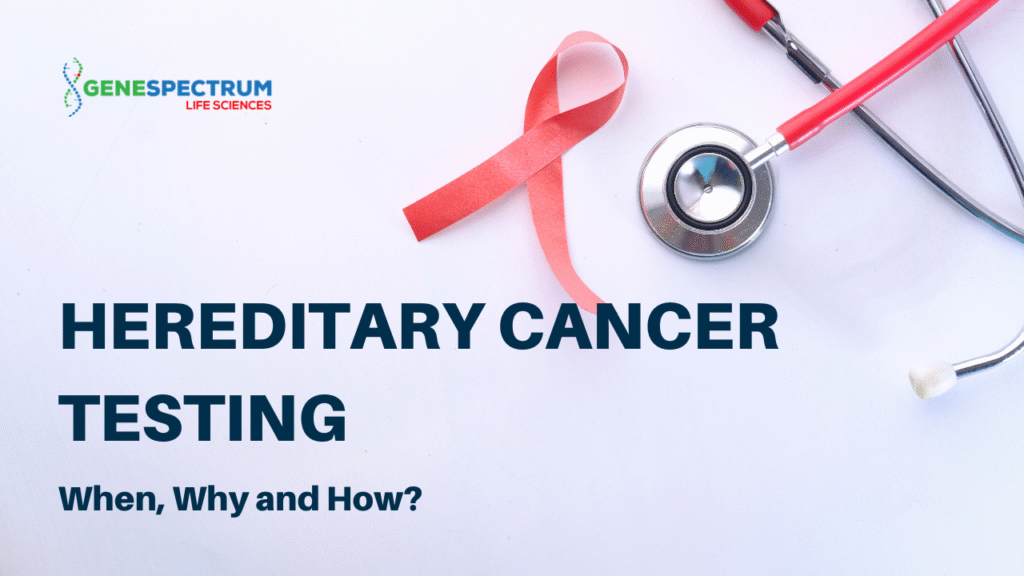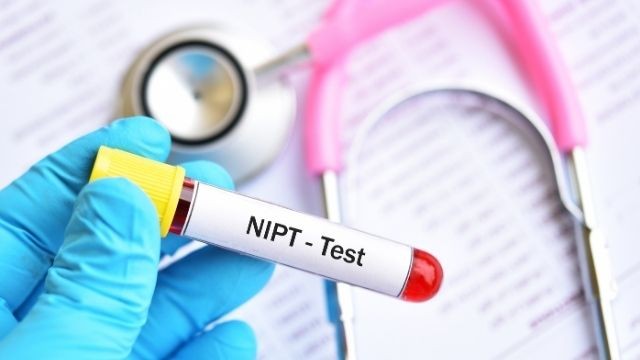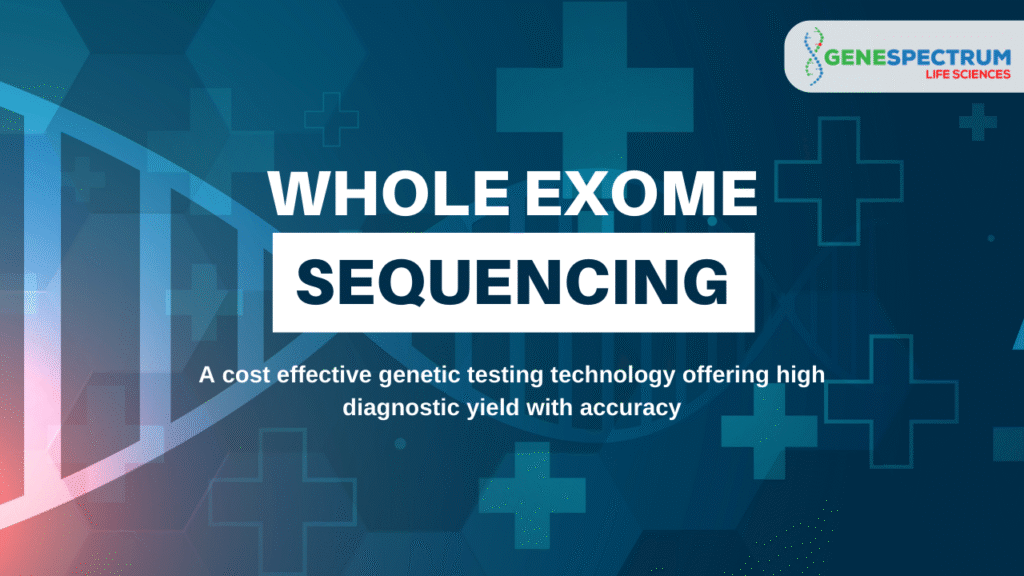
Cancer is a complex disease that can arise from a combination of genetic and environmental factors. While most cases of cancer are not inherited, some people are born with genetic mutations that can increase their risk of developing certain types of cancer. Hereditary cancer testing can identify these inherited mutations and provide valuable information about an individual’s risk of developing cancer. In this article, we will discuss when, why, and how to get hereditary cancer testing.
When to Get Hereditary Cancer Testing
Hereditary cancer testing is typically recommended for individuals with a personal or family history of certain types of cancer. The following criteria may suggest a higher risk of hereditary cancer:
- Multiple family members with the same or related types of cancer, especially if diagnosed at an early age
- A personal history of cancer at a young age
- The presence of specific types of cancer, such as breast, ovarian, colon, or pancreatic cancer
- A family member with a known genetic mutation associated with an increased risk of cancer
Why Get Hereditary Cancer Testing
The primary reason for getting hereditary cancer testing is to identify a genetic mutation that may increase an individual’s risk of developing cancer. This information can help guide screening and prevention strategies to detect cancer early or prevent it from developing altogether.
Knowing whether an individual has an inherited cancer risk can also impact the healthcare decisions of other family members. For example, if an individual test positive for a genetic mutation, their siblings, children, and other family members may also be at risk and should be screened accordingly.
How Hereditary Cancer Testing Works
Hereditary cancer testing involves analyzing an individual’s DNA for genetic mutations that may increase their risk of developing cancer. There are several different types of genetic tests available, including:
- Single-gene testing: This type of testing looks for a specific genetic mutation that is known to be associated with an increased risk of cancer.
- Multi-gene panel testing: This type of testing looks for mutations in multiple genes associated with an increased risk of cancer. It is often used when there is uncertainty about which specific gene(s) to test.
- Whole-exome sequencing: This type of testing looks at the protein-coding regions of all genes in an individual’s DNA. It can identify both known and unknown mutations that may increase the risk of cancer.
- Whole-genome sequencing: This type of testing looks at all of an individual’s DNA, including the non-coding regions. It can identify both known and unknown mutations that may increase the risk of cancer.
The specific type of genetic testing recommended depends on an individual’s personal and family history of cancer, as well as the suspected genetic mutation(s).
It is important to note that not all genetic mutations are associated with an increased risk of cancer, and not all cancers are caused by genetic mutations. Genetic testing can provide valuable information and it is one part of a comprehensive cancer screening and prevention plan.
Conclusion
Hereditary cancer testing can provide valuable information about an individual’s risk of developing cancer. It is typically recommended for individuals with a personal or family history of certain types of cancer. Knowing whether an individual has an inherited cancer risk can help guide screening and prevention strategies to detect cancer early or prevent it from developing altogether. There are several different types of genetic tests available, and the specific type recommended depends on an individual’s personal and family history of cancer, as well as the suspected genetic mutation(s). If you are concerned about your risk of hereditary cancer, speak with your healthcare provider to determine if genetic testing is appropriate for you.

